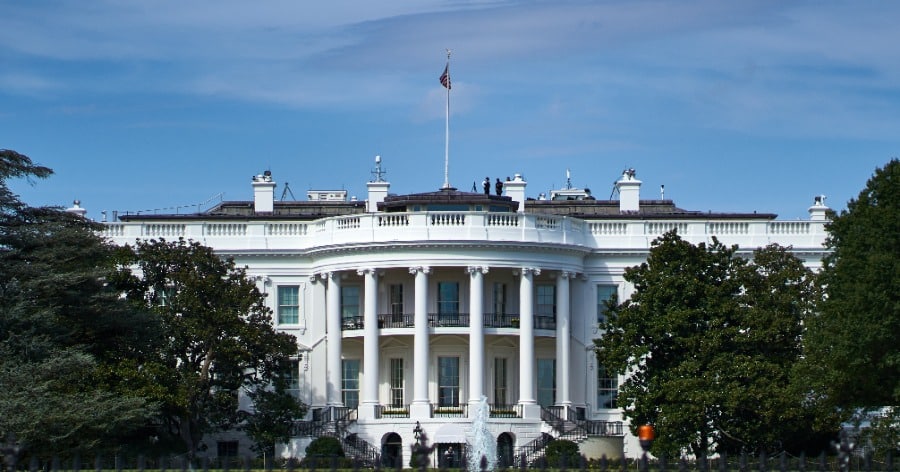It's tough for government waste watchers to make new friends in government. For one reason or another, entrenched bureaucrats seem to have a real antipathy for groups that advocate for more government accountability. Still, we've made a few: there's the General Accounting Office (GAO), the Office of Management and Budget (OMB), and the Office of Special Counsel (OSC). The latter group plays the valiant role of defending government whistleblowers from retaliation. These brave souls sound the alarm against government waste and are generally the last line of defense against the waste of our money. But lately, the OSC has been more like a lapdog than a watchdog, and TCS feels like it's about to lose a friend.
Whistleblowers are routinely fired from their jobs, moved out of positions of responsibility and harassed by their employers for their attempts to intervene in the interest of more efficient government. Under Elaine Kaplan, who headed the OSC from 1998 to 2003, these injustices were curbed by an active enforcement of the whistleblower protection laws. Unfortunately, Kaplan stepped down in May of 2003, leaving the office temporarily rudderless.
The Bush administration filled the gap last month with the appointment of Scott Bloch. Bloch was previously employed by the Justice Department, in the role of deputy for faith-based initiatives. Bloch lacks experience with whistleblowers, and many government watchdogs fear that he is being appointed to a cushy job in a toothless organization. We hope that Bloch's stewardship won't result in an era where whistleblowers have to rely on 'faith-based initiatives,' like praying, to keep their jobs. Unfortunately, the indicators are not good: efforts by some Washington lawmakers to exclude Homeland Security employees from whistleblower protection speak volumes about the prevailing attitude towards whistleblowers on Capitol Hill.
What's worse, the OSC is suffering from inadequate support. Kaplan claims that in order to adequately respond to the many claims that come through the OSC's office, no fewer than thirty employees would be needed. Currently, just eight are assigned to reviewing whistleblower cases. Though law stipulates that complaints to the OSC be resolved within 15 working days, many are backlogged for months. In June 2003, the OSC had a backlog of more than 600 whistleblower cases.
Finally, the OSC's effectiveness is also being undermined by a U.S. Court of Appeals decision that limits application of the 1989 Whistleblower Protection Act and excludes employees who take their allegations to supervisors or co-workers before the OSC. Moreover, the court ruled that the employee must present indisputable proof of the credibility of their disclosures, an impossibly difficult standard to meet.
The role of whistleblowers as watchdogs for the public interest is a pivotal one, but current trends are threatening to strip whistleblowers of their legal protections, leaving them subject to the whims and grudges of their superiors. Only the incompetent and the corrupt have anything to fear from whistleblowers, and while both groups have strong lobbies in Washington, Congress and the Administration need to do everything possible to strengthen the OSC and all the laws protecting whistleblowers. If we don't have a good defensive line of protection against waste, fraud and abuse, taxpayers will get fiscally sacked.











Get Social